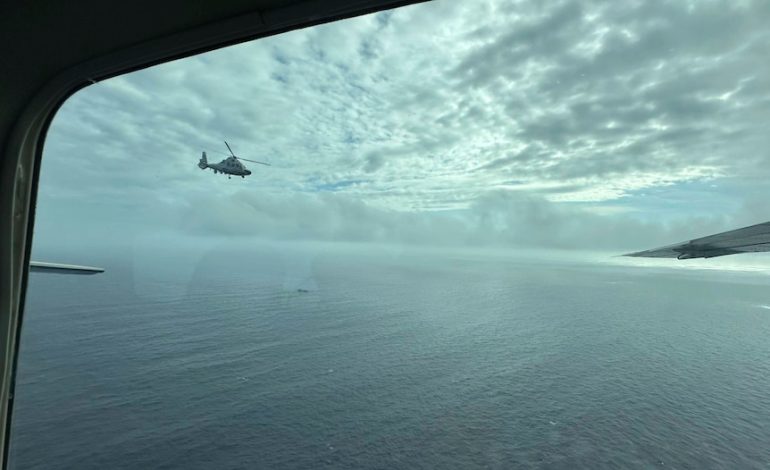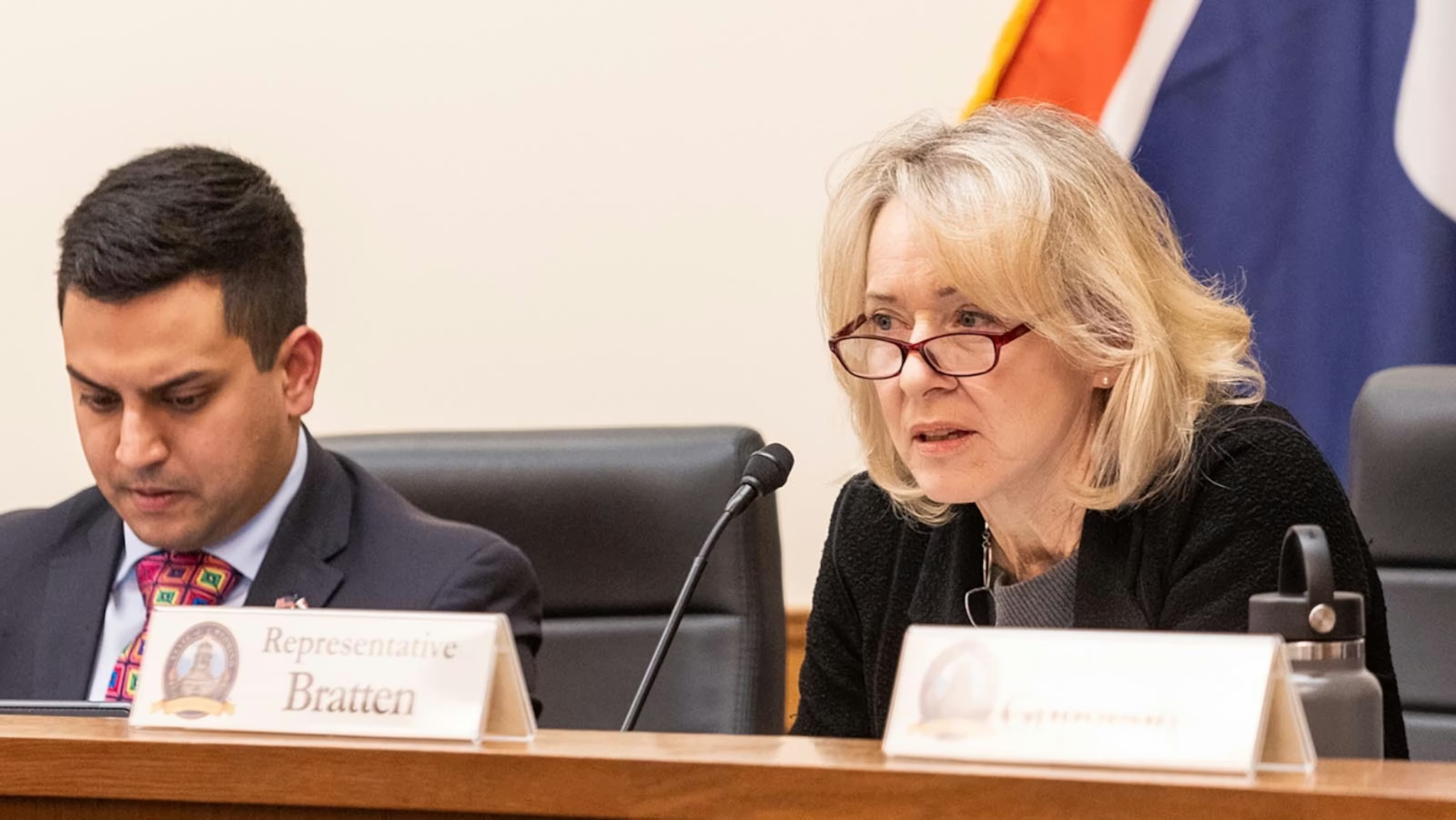‘Nature reserve’ or power play? Filipino fishers fear China’s Scarborough plan means more harassment

Philippine fishermen are bracing for tougher days at Scarborough Shoal after China approved a national nature reserve there — a move Manila calls a “pretext for occupation” in waters that lie inside the Philippines’ exclusive economic zone (EEZ) but have been under Beijing’s control since 2012.
Out on the water, the anxiety is immediate.
“Even now there has been harassment … we will be bullied even more,” said Mariano Cardenio, 57, who has worked the shoal for three decades. Another fisherman, Ruel Villanueva, 47, fears losses: “We’ll have a hard time fishing since China is asserting ownership even if it doesn’t belong to China.”
Beijing says the reserve will protect a 3,524-hectare coral ecosystem on the shoal’s northeast, near the lone deep-water entrance to the lagoon — a storm haven and prime fishing ground. China’s State Council pitched the designation as an “important guarantee” for preservation.
Manila’s security officials aren’t buying it, calling the move “patently illegal” and warning it could be used to tighten access to a traditional fishing ground. The 2016 international arbitral ruling invalidated China’s sweeping South China Sea claims and said the blockade at Scarborough was unlawful, affirming customary access for Filipino and Vietnamese fishers. China rejected the ruling and has since kept coast guard and militia-like trawlers at the shoal.
For years, Chinese ships have blocked the lagoon, pushing Filipino boats farther out for smaller catches and more risk. Harassment has ranged from water cannon blasts and dangerous close passes to ramming incidents. The Philippines’ coast guard is badly outmatched. Manila, a US treaty ally, has leaned on Washington’s repeated reminders that armed attacks on Philippine forces in the South China Sea could trigger mutual defense commitments.
China touts conservation; critics hear lawfare. Lowell Bautista of Western Sydney University says the reserve looks less like stewardship and more like “power and control,” arguing Beijing has no lawful basis to impose conservation rules there. Security analyst Jennifer Parker calls it a domestic-law fig leaf to enforce a maritime claim at odds with UNCLOS:
“After this declaration, expect more water-cannoning, more ramming, more bullying of Philippine fishers — inside the Philippines’ own EEZ. China will say it’s enforcing a nature reserve.”
Manila also points to China’s track record of reef damage in the region — from land reclamation to giant clam harvesting — which outside researchers say has destroyed thousands of hectares of coral. Beijing, for its part, has counter-accused Manila of environmental harm.
Scarborough — Bajo de Masinloc/Panatag to Filipinos, Huangyan to China — sits roughly 200 km off Luzon, in the path of shipping lanes carrying $4.5 trillion in annual trade. It’s among the most contested features in a sea where China’s nine-dash line cuts across the EEZs of the Philippines, Vietnam, Malaysia, Brunei, and Taiwan.
China has not built a permanent base on Scarborough as it has on several Spratly reefs, but tension persists. In recent days, Beijing’s newest aircraft carrier, the Fujian, cruised into the South China Sea; the navy called it routine trials “not directed at any specific target.” Last year, China also declared baselines around the shoal — another legal step Manila rejected.
The Philippines is urging Beijing to withdraw the reserve, stop harassment, and comply with international law, including UNCLOS. For the people who live by the catch, the calculus is simpler: fewer gates, fewer guards, fewer guns.
Until then, fishermen say they’ll keep going — warier, farther, and with eyes over their shoulders. As Cardenio put it, scanning the horizon where Chinese hulls often appear:
“We fish because we must. We just hope we’re allowed to come home.”









The latest news in your social feeds
Subscribe to our social media platforms to stay tuned